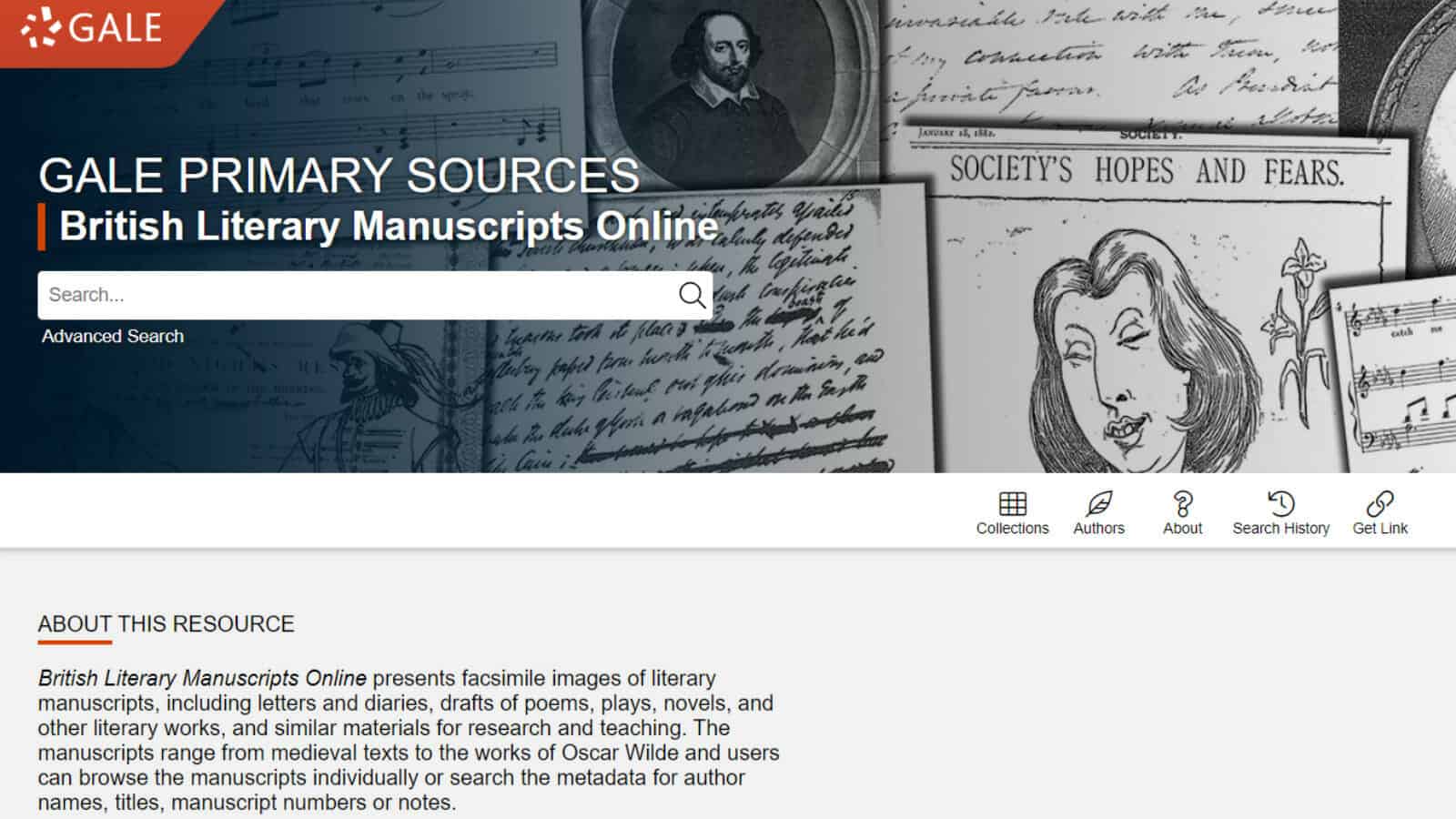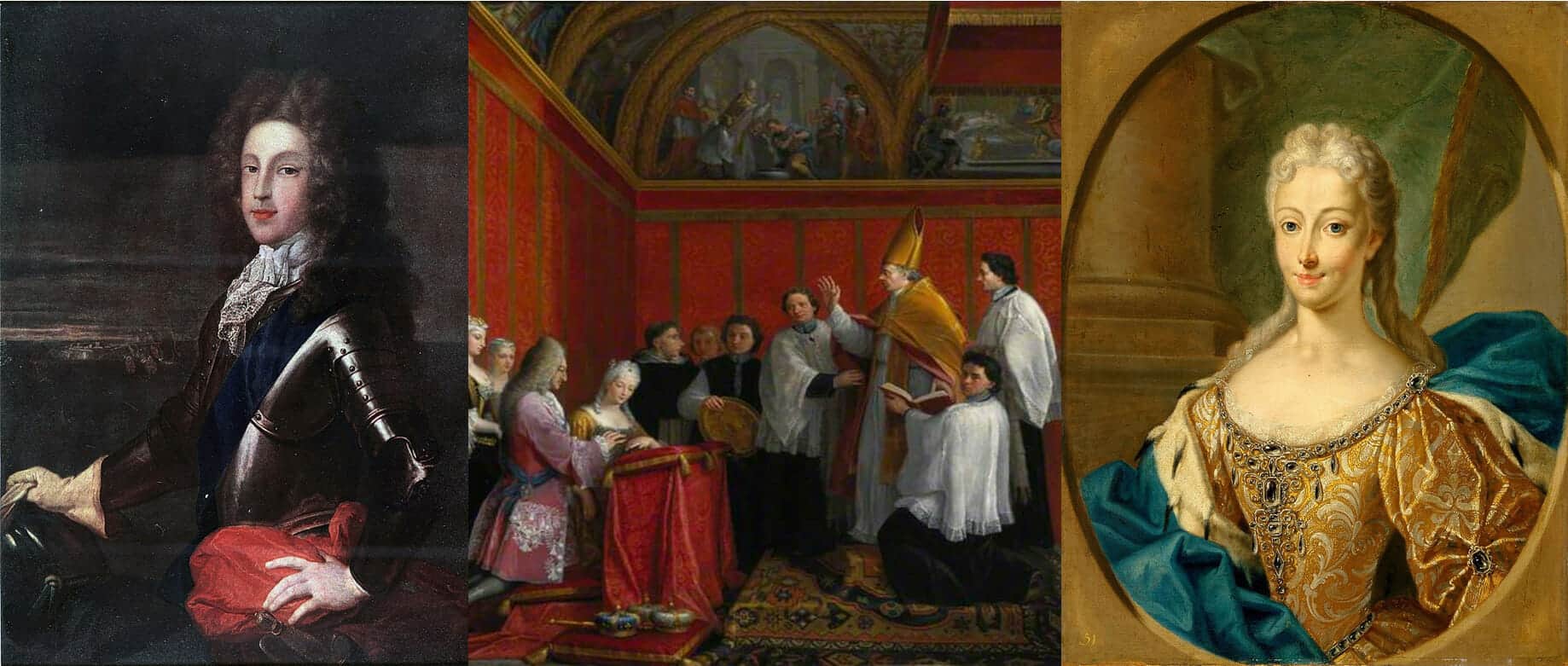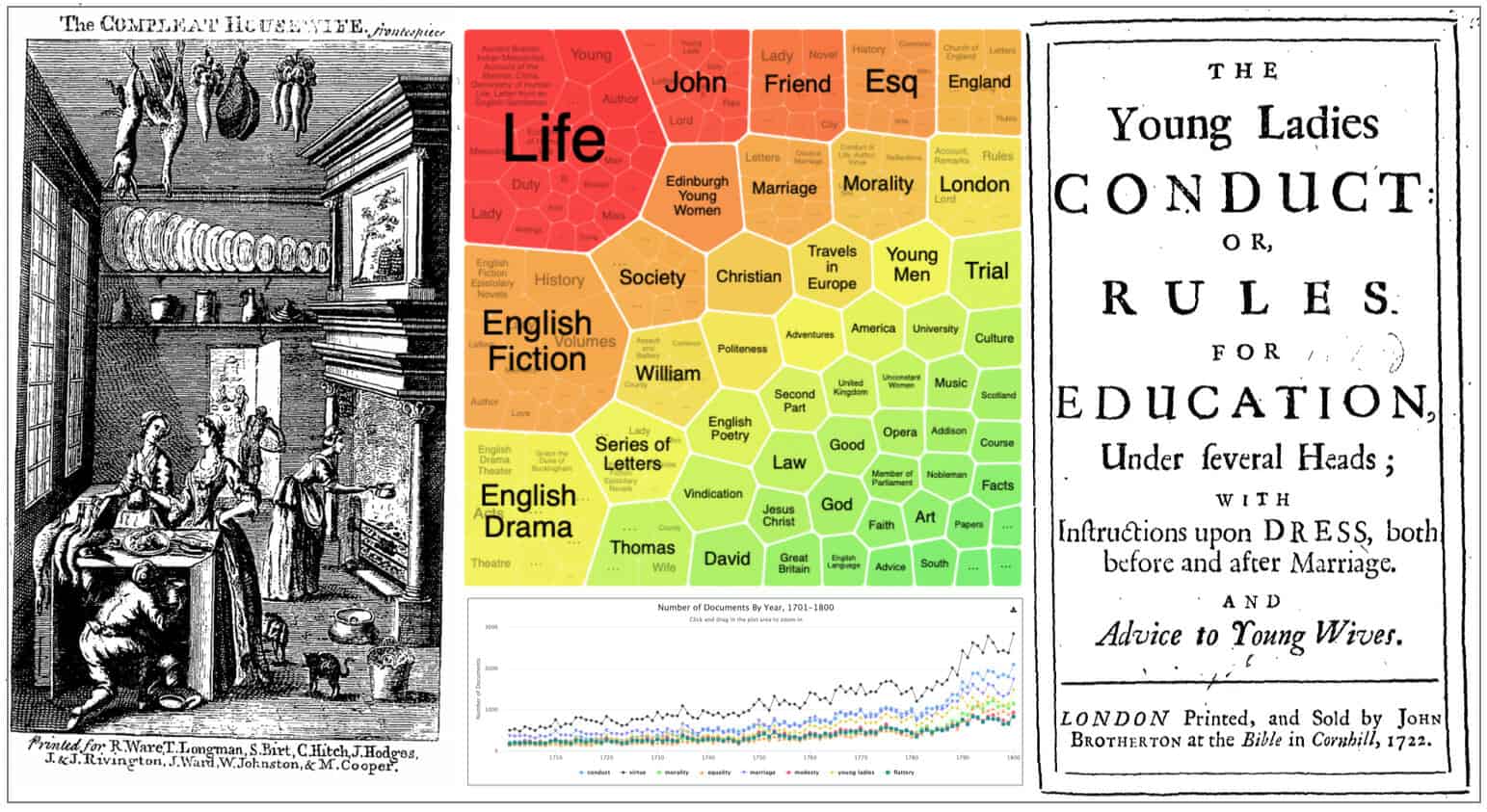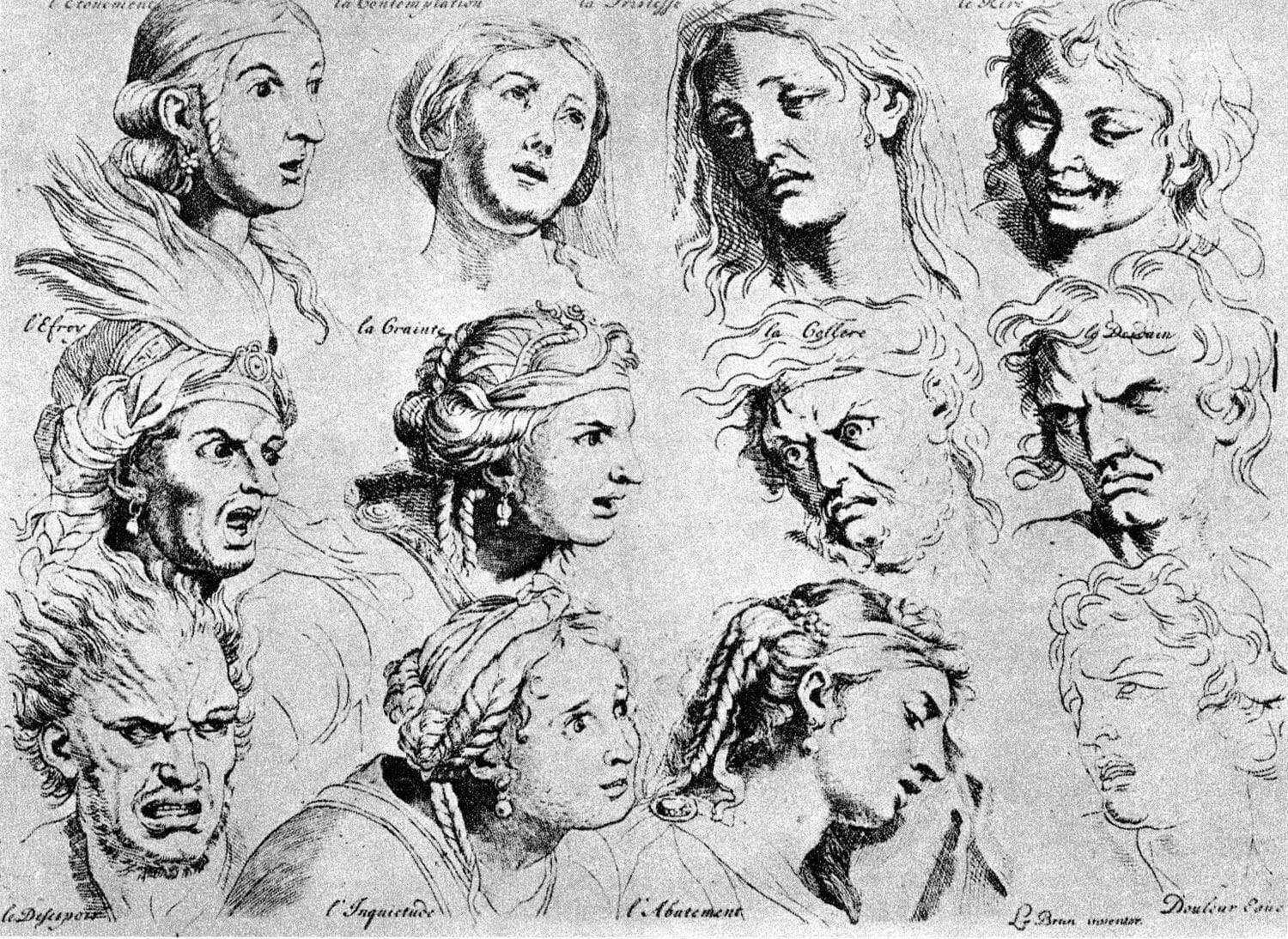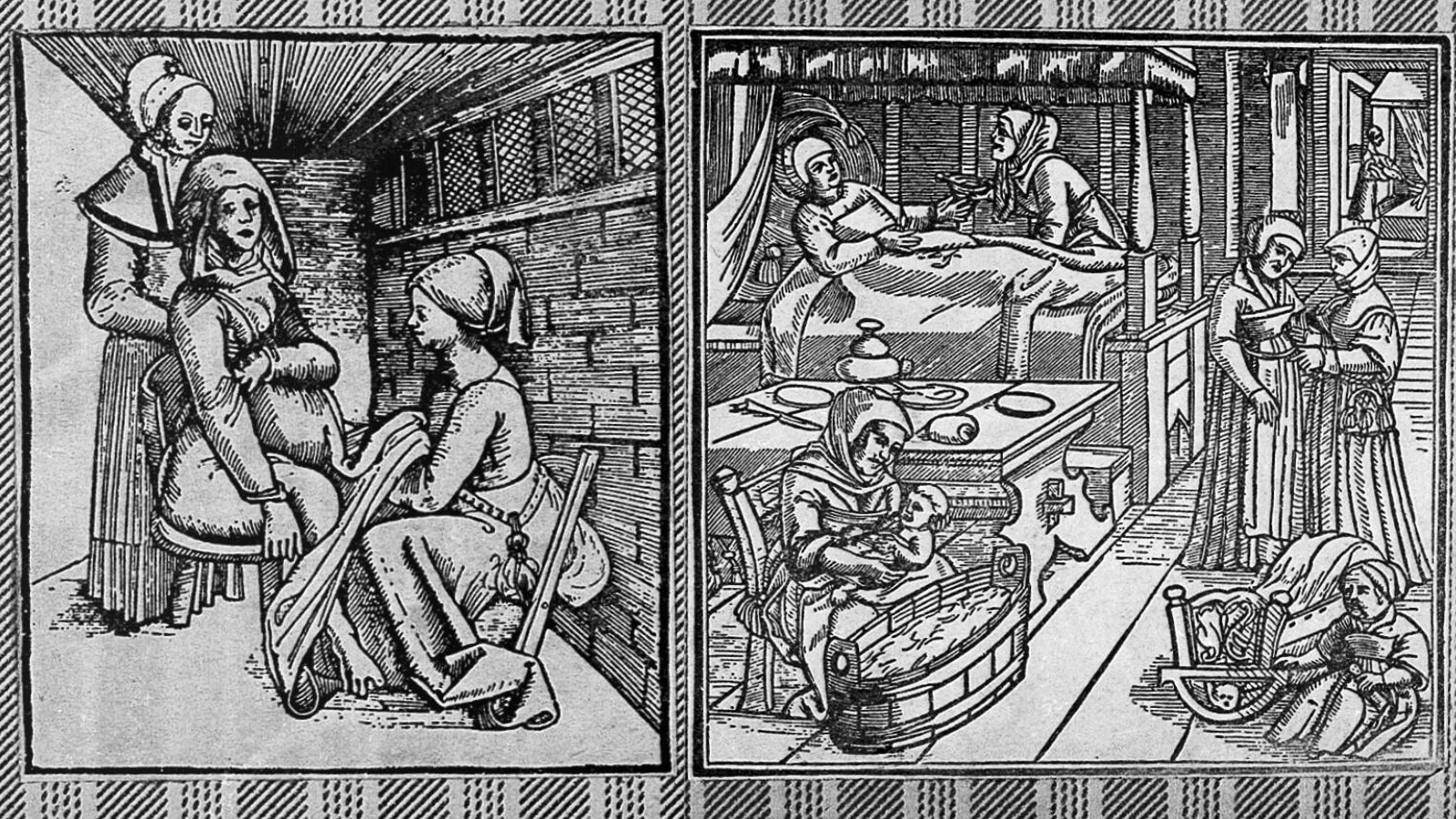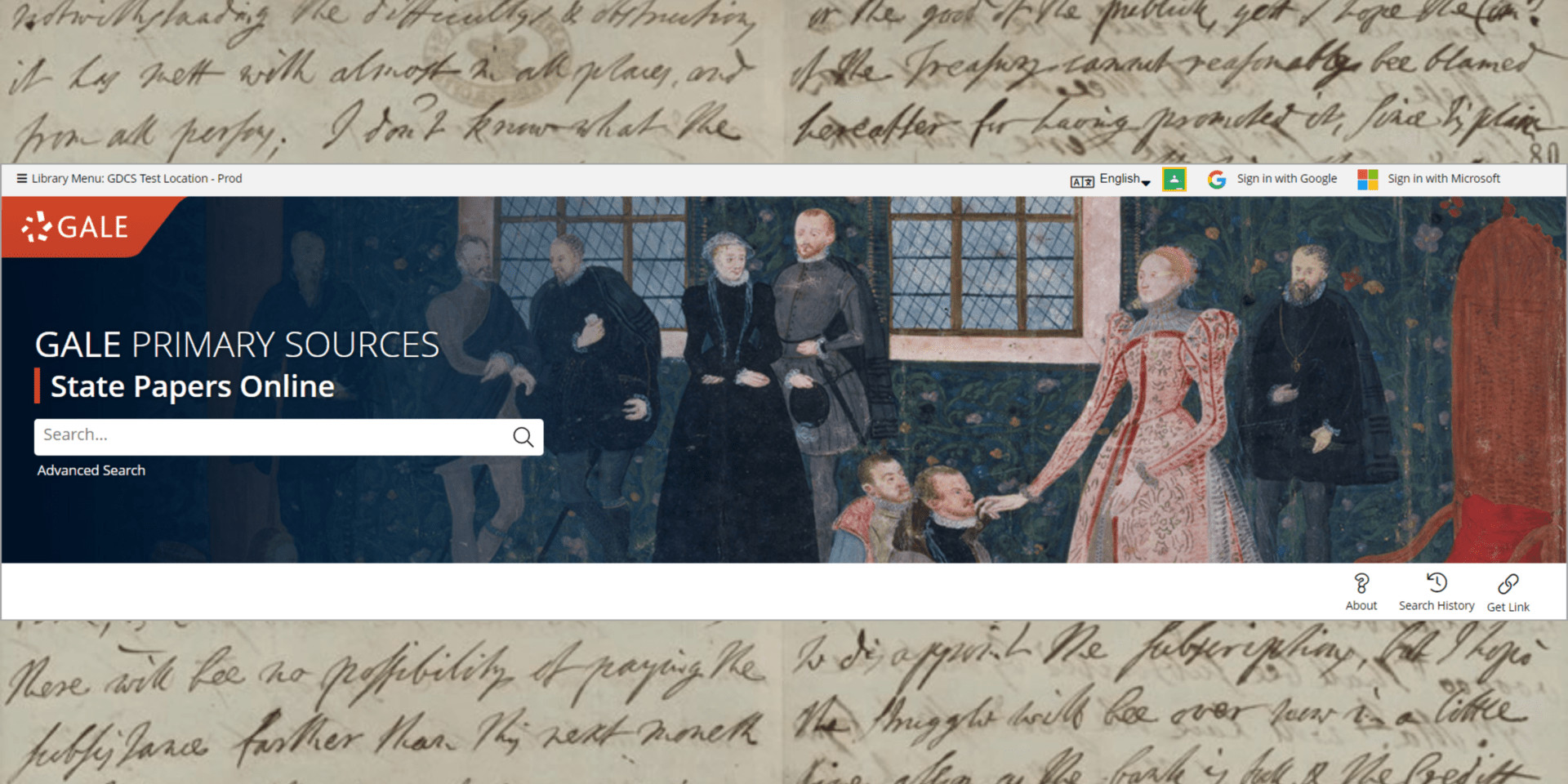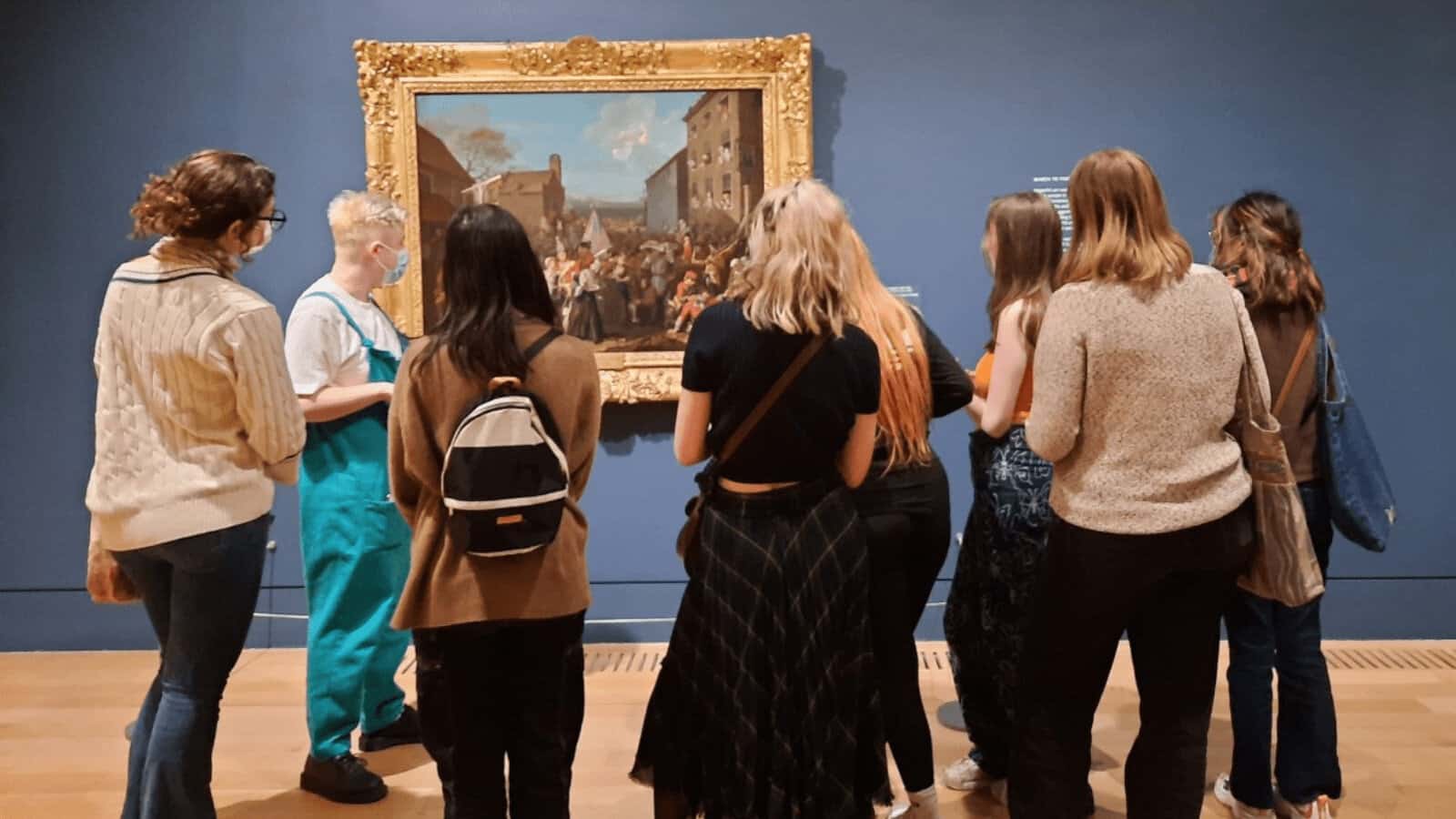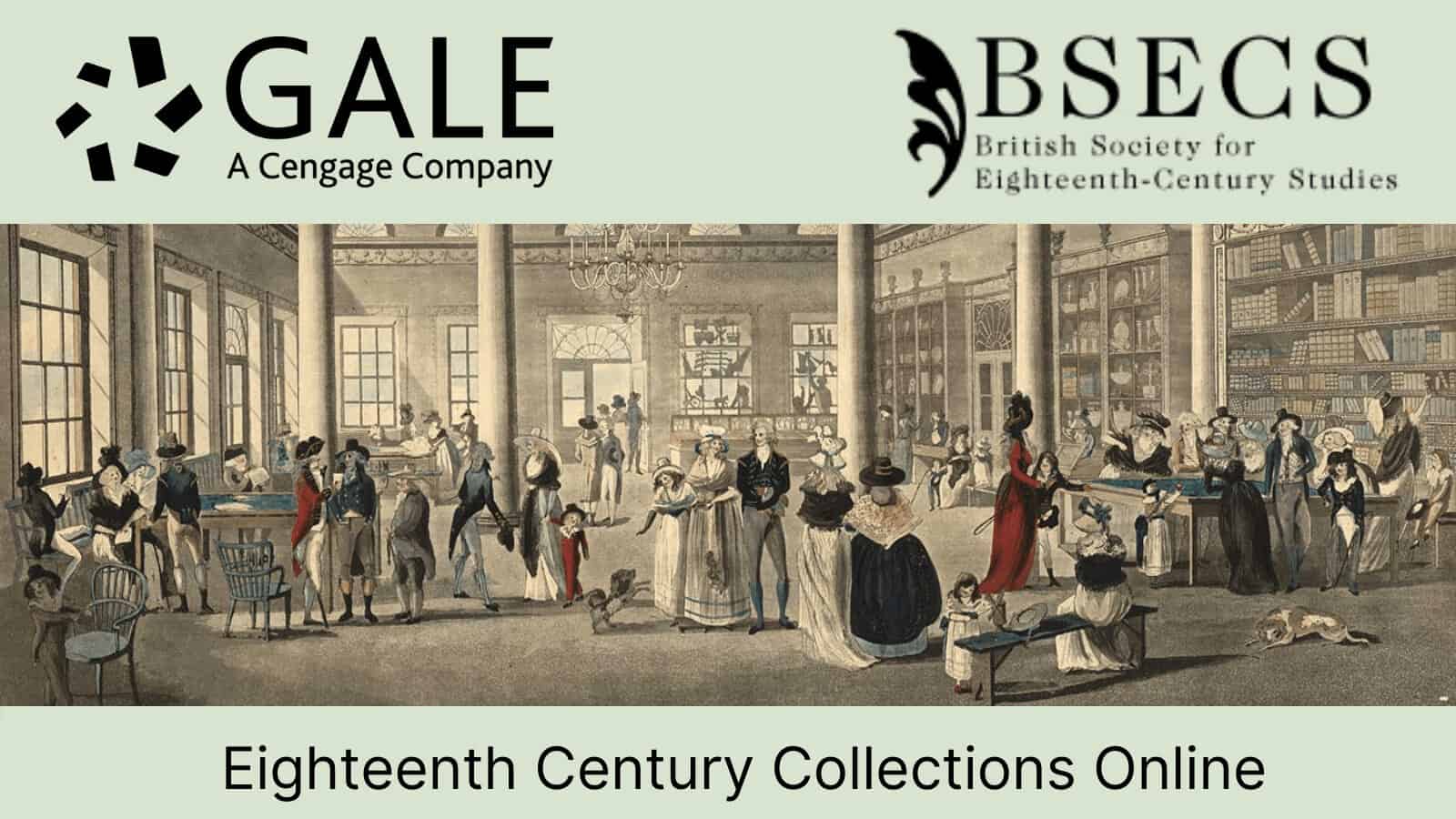│By Lydia Clarke, Gale Ambassador at the University of Leeds│
Moving to a completely new place is incredibly challenging. After A-Levels, I know the last thing you want to think about is university assignments, but I promise they are not that scary. Whilst there is sadly not a magical wand to whisk away university stress, this blog post will hopefully help you manage your coursework without burning out. Gale Primary Sources digital archives were massively helpful for me to find relevant primary source material and get to grips with practising my critical thinking skills. I will demonstrate how in my first year at university I used a book I found in Eighteenth Century Collections Online to apply and evaluate my analysis of the debate about gender studies in history for my coursework.


